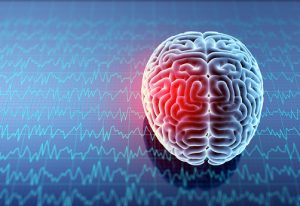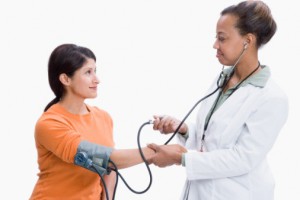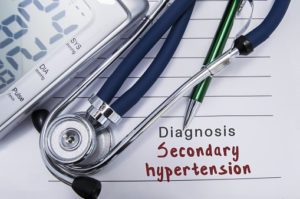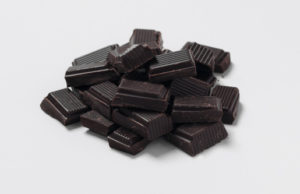According to the Coalition for Headache and Migraine Patients (CHAMP), June is recognized by the federal government as National Migraine and Headache Awareness Month.
More than 38 million people in the United States experience migraines or some type of tension headache with 2 -3 million of them experiencing chronic migraines.
The exact causes of migraines are unknown. People with migraine or tension headaches may have a tendency to be affected by certain triggers such as fatigue, bright lights, weather changes and hypertension.
Some symptoms of migraine or tension headaches are:
- Throbbing pain, numbness, weakness
- Sensitivity to light
- Sensitivity to sound
- Nausea
- Diarrhea
- Vertigo
- Mood changes
- Neck pain
- Vision changes
Treatment for migraine or tension headaches depends on the how often or how severe the headache is, the level of disability your headache may cause and contributing medical conditions you may have.
Over the counter medications such as anti-nausea or Ibuprofen may help with more minor episodes, but if you are experiencing multiple headaches per month lasting more than 12 hours, over the counter medications aren’t helping and your migraine symptoms include numbness or weakness, it is best to consult your physician.
If you are experiencing painful migraine or tension headaches, Flushing Hospital Medical Center has reopened many of its healthcare services. To learn about the safety measures the hospital has taken to protect your health, please visit https://flushinghospital.org/our-patients/
If you would like to schedule an appointment please call 718-670-5486.
To learn more about migraines and tension headaches visit – https://migraine.com/migraine-statistics/
All content of this newsletter is intended for general information purposes only and is not intended or implied to be a substitute for professional medical advice, diagnosis or treatment. Please consult a medical professional before adopting any of the suggestions on this page. You must never disregard professional medical advice or delay seeking medical treatment based upon any content of this newsletter. PROMPTLY CONSULT YOUR PHYSICIAN OR CALL 911 IF YOU BELIEVE YOU HAVE A MEDICAL EMERGENCY.










